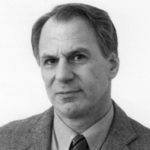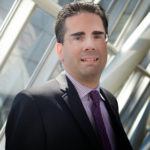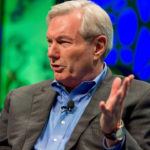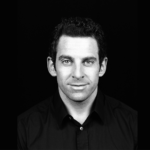
COVID-19: What’s wrong with the models?
Originally written as an internal memo on April 15, 2020; updated and shared publicly on April 20

#107 – John Barry: 1918 Spanish flu pandemic—historical account, parallels to today, and lessons
“Society is based on trust. When trust evaporates, society begins to fray.” — John Barry

How to interpret screening tests: video, spreadsheet, and primer
An overview of how to interpret screening tests for COVID-19 (and diagnostic testing & screening in general).

#106 – Amesh Adalja, M.D.: Comparing COVID-19 to past pandemics, preparing for the future, and reasons for optimism
“All of that makes me very optimistic that we will be able to meet the challenge of this virus without putting any of our hospitals into crisis, that this is going to be a severe challenge for this country, but it’s not something that that is going to break the country.” — Dr. Amesh Adalja, referring to some lesser discussed positive trends

#105 – Paul Conti, M.D.: The psychological toll of a pandemic, and the societal problems it has highlighted
“The virus isn’t plotting against us. It doesn’t have intelligence. It’s invisible. In order to unite, we have to recognize our shared humanity.” — Paul Conti
#104 – COVID-19 for kids with Olivia Attia
“The underlying theme to how we got here is we didn’t really do the things we needed to do before it was too late.” — Peter Attia

#102 – Michael Osterholm, Ph.D.: COVID-19—Lessons learned, challenges ahead, and reasons for optimism and concern
“We’re seeing an increased number of severe illnesses and deaths in people between the ages of 25 and 50…and the risk factor appears to be obesity.” —Michael Osterholm

#101 – Ryan Holiday: Finding stillness amidst chaos
“One of the things that hobbies do . . . and a little bit of order and structure in our lives do, is they kind of just protect us from just reacting and reacting and reacting all the time.” — Ryan Holiday

#100 – Sam Harris, Ph.D.: COVID-19—Comprehending the crisis and managing our emotions
“This has been a period of time unlike any other in our lifetimes. . . there’s really no analogy.” — Sam Harris

#99 – Peter Hotez, M.D., Ph.D.: Continuing the conversation on COVID-19
“If we have large numbers of healthcare workers sickened by the virus and in ICUs, it’s ‘lights out’ and our whole healthcare system collapses.” —Peter Hotez, M.D., Ph.D.

